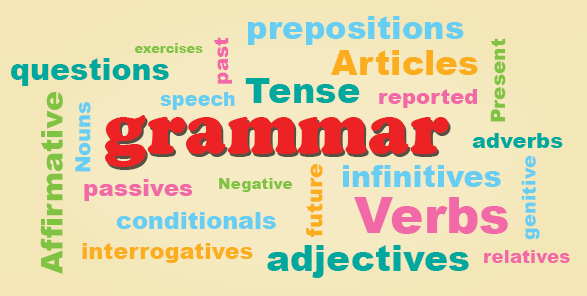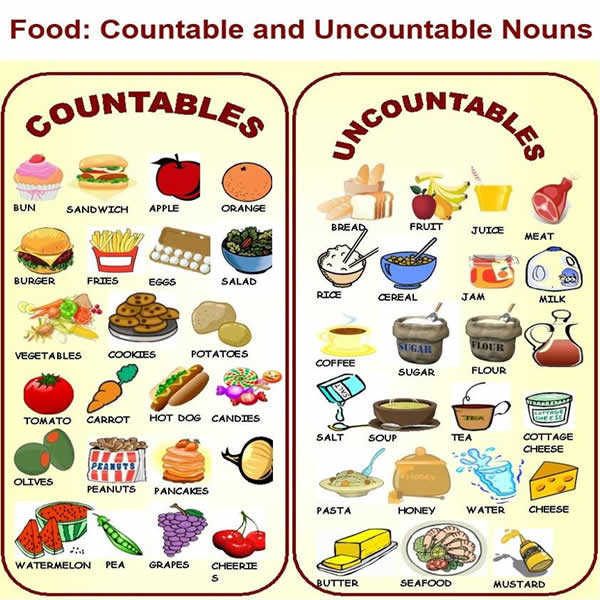Future with Going To – Detailed Expression Use “going to” to talk about future plans and predictions. She’s going to have a baby.
Adverbs – Simple and Detailed Expression Use adjectives to describe nouns (things or people). Use adverbs to describe verbs (how a person does something):
Present Perfect or Past Simple Tense Use the present perfect to talk about a general experience in the past. Use the past simple to talk about a specific moment …
English grammar: Direct – indirect object The English verbs are followed by two different kinds of objects – the direct object and indirect object.
English grammar: Indirect questions If we want to make questions in the English language, we can do it by changing the word order (Is he your brother? Was she …
Time Clauses – English Grammar The time clauses in the English language are introduced by conjunctions such as after, as soon as, before, till, until, when, whenever, while or …
Imperative Sentences – English grammar The second person imperative We can express commands in English by the imperative made with the infinitive without to.
Common Opposites – Antonyms Vocabulary Word List WORD ANTONYMS abandon keep abbreviate lengthen, increase ability incompetence, inability able incapable above below abundant scanty, insufficient accurate wrong achieve fail active …
Common Synonym Vocabulary Word List WORD SYNONYMS abandon desert, forsake abbreviate shorten, condense ability skill, aptitude able capable, qualified above overhead abundant ample, sufficient accurate correct, right achieve accomplish, …
SINGULAR COUNTABLE NOUNS 1.The use of determiners with singular countable nouns In English, singular countable nouns usually cannot be used alone; they must be preceded by a word such …










